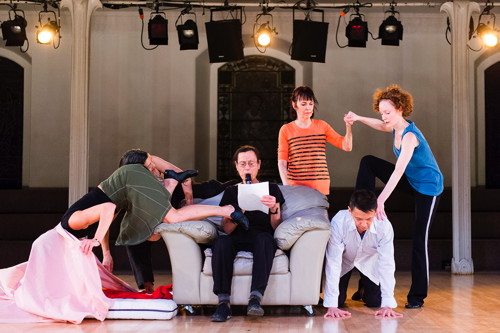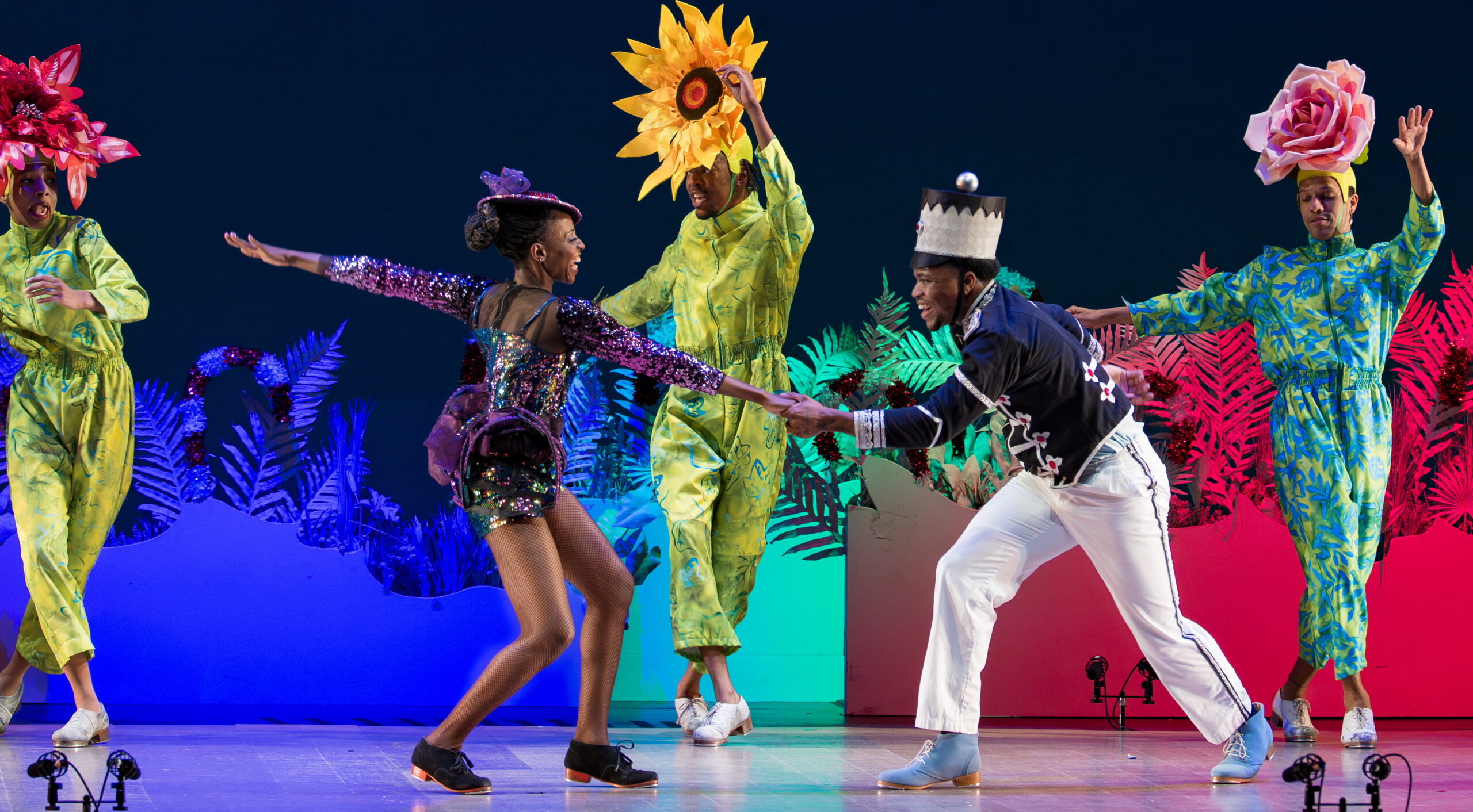
The J. Paul Getty Museum, the Getty Research Institute, and Performa have commissioned a new piece by avant-garde choreographer Yvonne Rainer (American, born. 1934). On October 3 and 4, 2014, the Getty will present the performances of the in-progress work The Concept of Dust, or How do you look when there’s nothing left to move? along with performances of Rainer’s recent piece Assisted Living: Do You Have Any Money? (2013).
These events are presented in conjunction with the ongoing Getty Research Institute exhibition Yvonne Rainer: Dances and Films, which is on view at the Getty Center through October 12, 2014.
About the Artist:
A dancer, choreographer, filmmaker, and writer, Rainer is one of the most influential artistic figures of the last 50 years, a standout across multiple disciplines: dance, cinema, minimalism, conceptual art, feminist art, and postmodernism. The Getty has a long history with Rainer, having presented several performances of hers since 2004. Rainer was an artist in residence as part of the Getty Research Institute’s Scholars Program in 2005. The Getty Research Institute acquired her archive in 2006 and her 2008 dance work Spiraling Down was commissioned jointly by the J. Paul Getty Museum, the Getty Research Institute, and the World Performance Project at Yale. Since her Performa Commission, RoS Indexical in 2007, Performa has been the producer of all projects by Rainer and her dancers, touring the company to Centre Pompidou, Documenta, and the Hebbel Theater in Berlin.
Both of the works that Rainer will present at the Getty touch on themes of aging, death, play, and the current socioeconomic situation in America.
The new commission, The Concept of Dust, or How do you look when there’s nothing left to move? (2014), is an in-progress work. Interwoven with personal themes of aging, mortality and humor are various texts, intermittently read by Rainer and the dancers, dealing with ancient Mideast dynasties, paleontological findings, and literary quotations. In addition to the commission, the work has been supported by an artistic residency at the Gibney Dance Center in New York.
In Assisted Living: Do You Have Any Money? Rainer juxtaposes Laurel and Hardy, Keynesian economics, and vaudeville. Introduced by Rainer as a carnival barker, the performance revolves around the current American socioeconomic situation, meditations on aging, and movement sequences from an early piece of choreography, At My Body’s House (1963). Dancers recite a variety of texts, including jokes, newspaper stories, and film monologues, while performing complicated combinations of steps in various groupings. It is supported by University of California, Irvine School of the Arts.
~~~
Yvonne Rainer: Two Works
Getty Center
Friday and Saturday, October 3 and 4, 2014,
7:30 p.m.
Tickets are $20.00 ($15.00 for students and seniors).
Reservations are strongly encouraged and can be made online here.
About PERFORMA: Founded in 2004 by art historian and curator RoseLee Goldberg, Performa is the leading organization dedicated to exploring the critical role of live performance in the history of twentieth-century art and to encouraging new directions in performance for the twenty-first century. In 2005, Performa launched New York’s first performance biennial, Performa 05. The next biennial, Performa 15, in November 2015, will be a celebration of Performa 10 Years. For more information, visit their official site.
The J. Paul Getty Trust is an international cultural and philanthropic institution devoted to the visual arts that includes the J. Paul Getty Museum, the Getty Research Institute, the Getty Conservation Institute, and the Getty Foundation. The J. Paul Getty Trust and Getty programs serve a varied audience from two locations: the Getty Center in Los Angeles and the Getty Villa in Malibu.
The J. Paul Getty Museum collects in seven distinct areas, including Greek and Roman antiquities, European paintings, drawings, manuscripts, sculpture and decorative arts, and photographs gathered internationally. The Museum’s mission is to make the collection meaningful and attractive to a broad audience by presenting and interpreting the works of art through educational programs, special exhibitions, publications, conservation, and research.
The Getty Research Institute is an operating program of the J. Paul Getty Trust. It serves education in the broadest sense by increasing knowledge and understanding about art and its history through advanced research. The Research Institute provides intellectual leadership through its research, exhibition, and publication programs and provides service to a wide range of scholars worldwide through residencies, fellowships, online resources, and a Research Library. The Research Library—housed in the 201,000-square-foot Research Institute building designed by Richard Meier—is one of the largest art and architecture libraries in the world. The general library collections (secondary sources) include almost 900,000 volumes of books, periodicals, and auction catalogues encompassing the history of Western art and related fields in the humanities. The Research Library’s special collections include rare books, artists’ journals, sketchbooks, architectural drawings and models, photographs, and archival materials.
Visiting the Getty Center
The Getty Center is open Tuesday through Friday and Sunday from 10 a.m. to 5:30 p.m., and Saturday from 10 a.m. to 9 p.m, with special extended Friday hours until 9:00 pm May 30-August 29. It is closed Monday and most major holidays, open on July 4. Admission to the Getty Center is always free. Parking is $15 per car, but reduced to $10 after 5 p.m. on Saturdays and for evening events throughout the week. No reservation is required for parking or general admission. Reservations are required for event seating and groups of 15 or more. Please call (310) 440-7300 (English or Spanish) for reservations and information. The TTY line for callers who are deaf or hearing impaired is (310) 440-7305. The Getty Center is at 1200 Getty Center Drive, Los Angeles, California.
Additional information is available here.
Sign up here for e-Getty to receive free monthly highlights of events at the Getty Center and the Getty Villa via e-mail, or visit their official site for a complete calendar of public programs.






